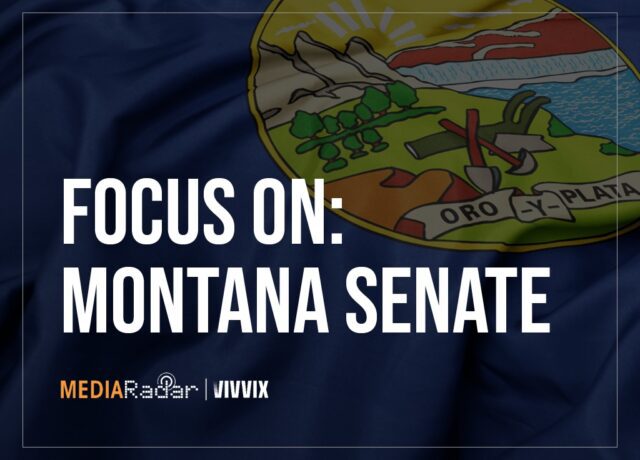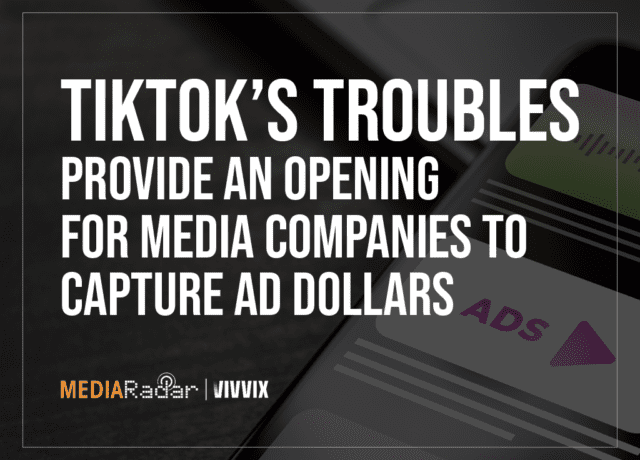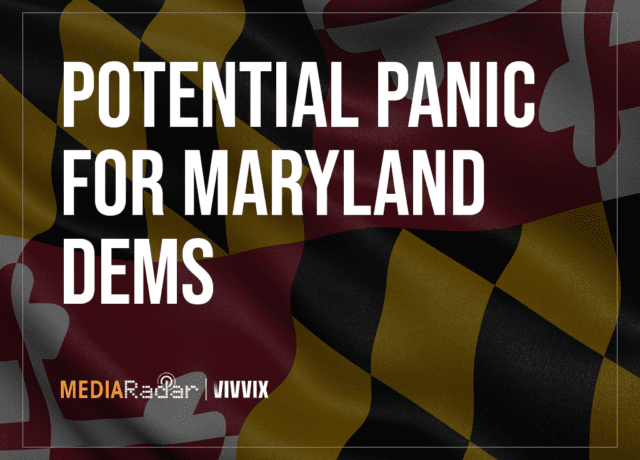Facebook and Google collectively took in two thirds of digital advertising budgets this year.
But when media industry giants are threatened by the 800-pound gorilla, things can get awkward.
Facebook has been fending off criticism from old school publications for the better part of a decade. News Corp CEO Robert Thomson had some particularly choice words, calling Facebook “bot-infested badlands” and a platform for “the fake, the faux and the fallacious.”
These comments have aged like the finest milk, since News Corp announced that it would supply headlines to Facebook’s new News feature in the upcoming launch.
The new feature will “earn some publishers, like Thompson’s News Corp, millions of dollars a year for giving Facebook access to their work,” writes Paris Martineau at Wired. News Corp is far from the only publisher to partner with the social media giant; The New York Times, BuzzFeed News, Condé Nast and (more controversially) Breitbart are all included in the new plan, according to Martineau.
Despite the splashy headlines, the heralded News tab will be relatively limited in scope. Facebook hopes to see up to 30 million users (but only after the first few years).
The numbers may be limited, but the launch of the News tab has renewed the fierce debate surrounding Facebook and Google as a digital advertising duopoly.
Opposition to Facebook’s Monopoly is Nothing New — But It’s Growing
Publishers have not made it a secret that they oppose Facebook’s monopolistic influence as a tech platform turned quasi-publisher. Thomson’s words above are just a particularly vitriolic example.
Self-interested or not, the consensus seems to be there. “Colloquially, and in the press, Facebook is a monopoly,” writes Dina Srinivasan in the Berkeley Business Law Journal. “Members of Congress, reporters, academics, and even initial founders of Facebook are speaking of Facebook’s monopoly power and questioning the need for regulation.”
Whether from pressure from the media industry or from consumer interest, Facebook (and its Big Tech cohorts) faces a number of investigations, including an antitrust investigation from the Federal Trade Commission and a “sweeping review of the power and dominance” of tech companies from the Department of Justice. According to a CNBC poll, over half of tech executives believe that Facebook is the most likely of the FAANG companies to face punitive action as a result of these investigations.
For its part, Facebook hasn’t exactly embraced the role of publisher, but it has become less coy about the powerful position its platform holds in content consumption. In a recent court case, Facebook argued that its decisions to censor information are protected under the First Amendment. In public, Facebook denies the publisher label.
“What we’re navigating is a space where the language we have to date does not match the technology that has now been developed,” journalism professor Kathleen Culver told The Guardian last year. Facebook must take ethical considerations into account, Culver said — but it can’t necessarily be held to traditional terms like ‘publisher.’
All of this prefaced the launch of Facebook’s News tab, which Facebook has not pulled back from despite the pending investigations. The feature launched on October 25 to a small number of US users, with general, topical, diverse and local news.




